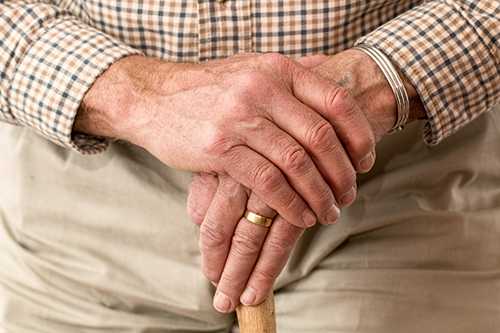As you probably know, home health caregivers assist aging seniors by taking them shopping for food and driving them to their doctor’s appointments. In fact, in-home caregivers commonly engage in these activities and many more. When you hire a caregiver, it makes sense to develop an individualized action plan to address the senior’s needs and help them remain as independent as possible.
A Custom Plan
A representative of the home health care agency generally pays a visit to the aging senior before the caregiver starts in order to assess needs and determine interests. The representative will check the home to make sure it is safe, and ask some questions that will help decide which activities would be beneficial. Seniors have the opportunity to express their wishes about how they would like to spend their time. Together with the agency representative and family members, the senior can help draw up an individualized action plan that can involve personal hygiene, household chores, meal preparation, medication management, and social activities.
Setting Goals
It is a good idea to set well-defined goals so both the in-home caregiver and the senior knows what to expect. Typically, the caregiver will set goals for basic laundry and housekeeping duties, assistance with personal hygiene and help in preparing nutritious meals. A health care companion may also shop, run errands and provide transportation to and from doctor’s appointments. Another goal might be to enable the senior to participate in social activities with others at least once or twice each week. The action plan is tailored to the personal preferences and needs of the senior.
Activities
No matter what the preferences of the individual, there are some basic actions the caregiver will need to perform. Once basic needs are met, the companion can help out with social activities to keep the senior involved with family and friends.
- Monitoring Personal Hygiene
One of the primary responsibilities of an in-home caregiver is to make sure the senior is taking care of personal hygiene. This includes supervising or helping with showering, dressing, and laundering clothing.
Elderly individuals generally take medication every day, sometimes more than once per day. Managing multiple vials of medication may become confusing to a senior. The home health caregiver can order prescriptions and pick them up, keep track of expiration dates, monitor instructions on the label, store medications safely and make sure that the senior is taking the medications as indicated.
A home health care companion can accompany the senior to shop for food or pick up needed items. She can prepare meals according to the individual’s dietary requirements and preferences, and tidy up afterward. The companion will also monitor the home for safety and recommend equipment like a shower chair or walker if necessary.
Experts now realize that staying involved in social activities can have physical as well as mental and emotional health benefits for aging seniors. An in-home caretaker can provide transportation to social activities so the senior can continue to meet a friend for lunch, visit family members and participate in card games, hobbies, and clubs.
Hiring an In-Home Caregiver
We serve the following communities:
Abington, Braintree, Brockton, Buzzards Bay, Carver, Cohasset, Dighton, Duxbury, Falmouth, Halifax, Hanson, Hingham, Holbrook, Hull, Humarock, Kingston, Lakeville, Marshfield, Mashpee, Middleboro, Norwell, Pembroke, Plymouth, Plympton, Quincy, Randolph, Rockland, Sandwich, Scituate, Taunton, Wareham, Weymouth, Whitman
